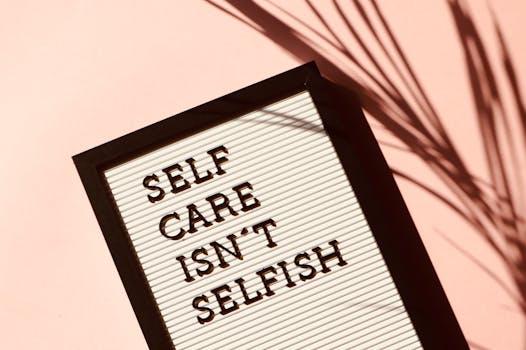
As human beings, social connections are an essential part of our lives. Whether we are extroverts or introverts, having meaningful connections with people can help us feel a sense of belonging, provide emotional support, and improve our mental well-being. In this blog, we will discuss some tips that can help you engage in meaningful social connections and improve your mental health.Tip 1: Be Open and AuthenticOne of the most important things when it comes to building meaningful social connections is to be open and authentic. When you interact with people, try to be yourself and don’t pretend to be someone you’re not. By doing so, you can attract people who will accept you for who you are and share similar interests and values.Tip 2: Be Present

When you are with other people, try to be present in the moment. Put your phone down, avoid distractions, and give your full attention to the person you are interacting with. By doing so, you can build deeper connections, understand people’s perspectives, and develop empathy.Tip 3: Join Social GroupsJoining social groups can be an excellent way to meet new people who share similar interests as you. Whether it’s a book club, cooking class, or a fitness group, being part of a community can help you find a sense of belonging, provide emotional support, and improve your mental well-being.Tip 4: Plan Activities With FriendsSpending quality time with your friends can help you develop stronger bonds and improve your mental health. Plan activities together, such as going on a hike, watching a movie, or trying out a new restaurant. By doing so, you can enjoy shared experiences, have fun, and create memories that can last a lifetime.

Tip 5: Reach Out to Loved OnesSometimes, reaching out to loved ones can be challenging, but it is essential for building meaningful social connections. Whether it’s a phone call, text message, or a visit, make an effort to keep in touch with your loved ones regularly. By doing so, you can strengthen your relationships and provide emotional support to each other.Tip 6: VolunteerVolunteering can be an excellent way to meet new people, give back to your community, and improve your mental health. There are plenty of volunteer opportunities, such as helping at a soup kitchen or volunteering at a local shelter. By doing so, you can feel a sense of purpose and connect with people who share your values.In conclusion, engaging in meaningful social connections is essential for improving your mental health. By following these tips, you can build deeper connections, feel a sense of belonging, and provide emotional support to the people around you. Remember, building relationships takes time and effort, but the rewards are significant.
 see all posts!
see all posts!











































